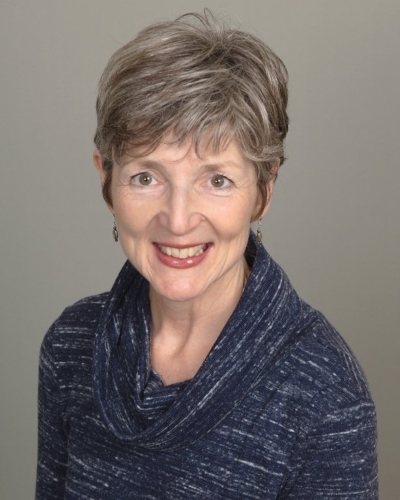 By Elaine Shaw
By Elaine Shaw
IOA Ombuds
The "mirror" and the "magnifying glass" are interesting metaphors for the work we do as Ombuds. We can be a mirror to our Visitors, reflecting back to them what we’ve heard them say; reframing their words and experience in a way that allows them to see differently, perhaps more clearly. Once seen, we can hold up a magnifying glass to detect and explore what’s there, bringing focus to overlooked details or the big picture.
|
I’ve been thinking recently about Studs Terkel (1912-2008): writer, Radio broadcaster, and amazing listener; who famously asked Dr. Martin Luther King, Jr., “When did this dream first come to you?” I have been thinking about Studs because, in addition to being an inspiration for helping people share their stories, he worked at my favorite Chicago radio station when I was growing up: WFMT. His job title there: Free Spirit. For those who may have visited my LinkedIn profile, you may have seen that I shamelessly stole this wonderful job title. In these last several years I have enjoyed patching together a variety of gigs as a free spirit – choosing work that is interesting and fulfilling: Community Mediator (now virtual and via text messaging!); Conference/Contract Ombuds; Yoga Leader; Book Group Facilitator; Activist; Non-profit Volunteer, Musician; workplace coach, etc., etc.
Something I have noticed in these unusual months is how difficult it is for me at this stage of life to aspire to be neutral and impartial. Indeed, serving as the IOA Ombuds and as a Bravely Pro, I have discovered that my “go to” response can sometimes feel more like advisor than objective third party. What experience, tool, book, exercise, process, suggestion, trick, tip, shortcut, hack can I come up with to match my Visitor’s need? But what is really going on here?
 By Doriana Vintilă
By Doriana Vintilă

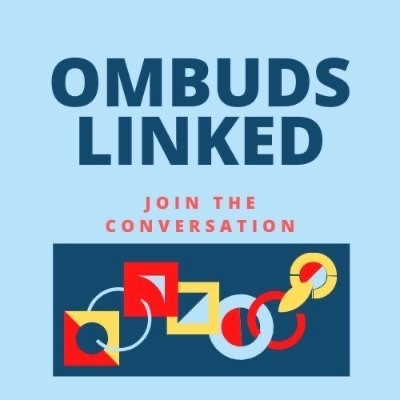 By Elizabeth Hill,
By Elizabeth Hill,  By
By  This week brings forward our need to reflect on those things we are grateful for in our lives. As I reflect on what I am grateful for in my professional capacity, I would like to extend gratitude for all of those that helped shape the ombuds profession and contributed to the development of skills to help fulfill this role. Specifically, I am thankful to Mary Rowe for her work over the years and for taking on the effort to digitize and provide access to her professional papers.
This week brings forward our need to reflect on those things we are grateful for in our lives. As I reflect on what I am grateful for in my professional capacity, I would like to extend gratitude for all of those that helped shape the ombuds profession and contributed to the development of skills to help fulfill this role. Specifically, I am thankful to Mary Rowe for her work over the years and for taking on the effort to digitize and provide access to her professional papers. By Elaine Shaw
By Elaine Shaw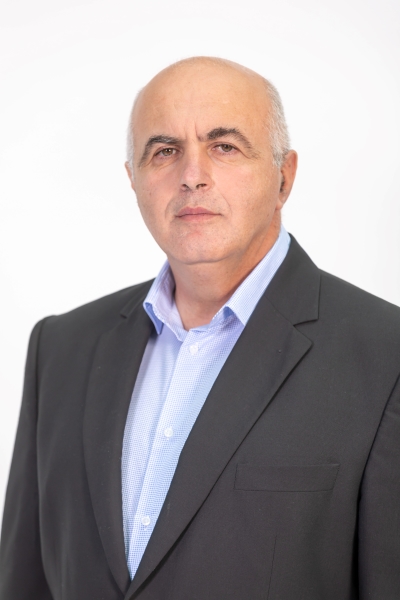 By Ion Anghel,
By Ion Anghel,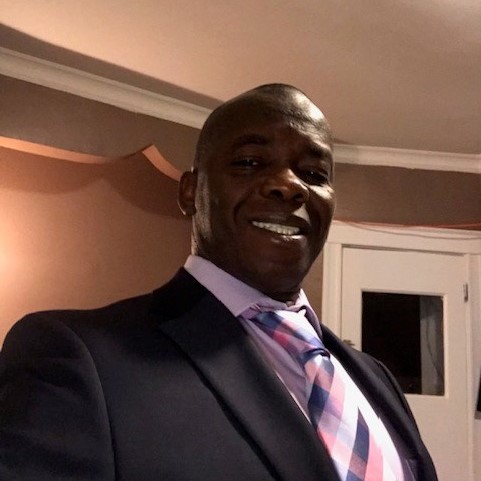 By Abdul Hassan Sesay,
By Abdul Hassan Sesay,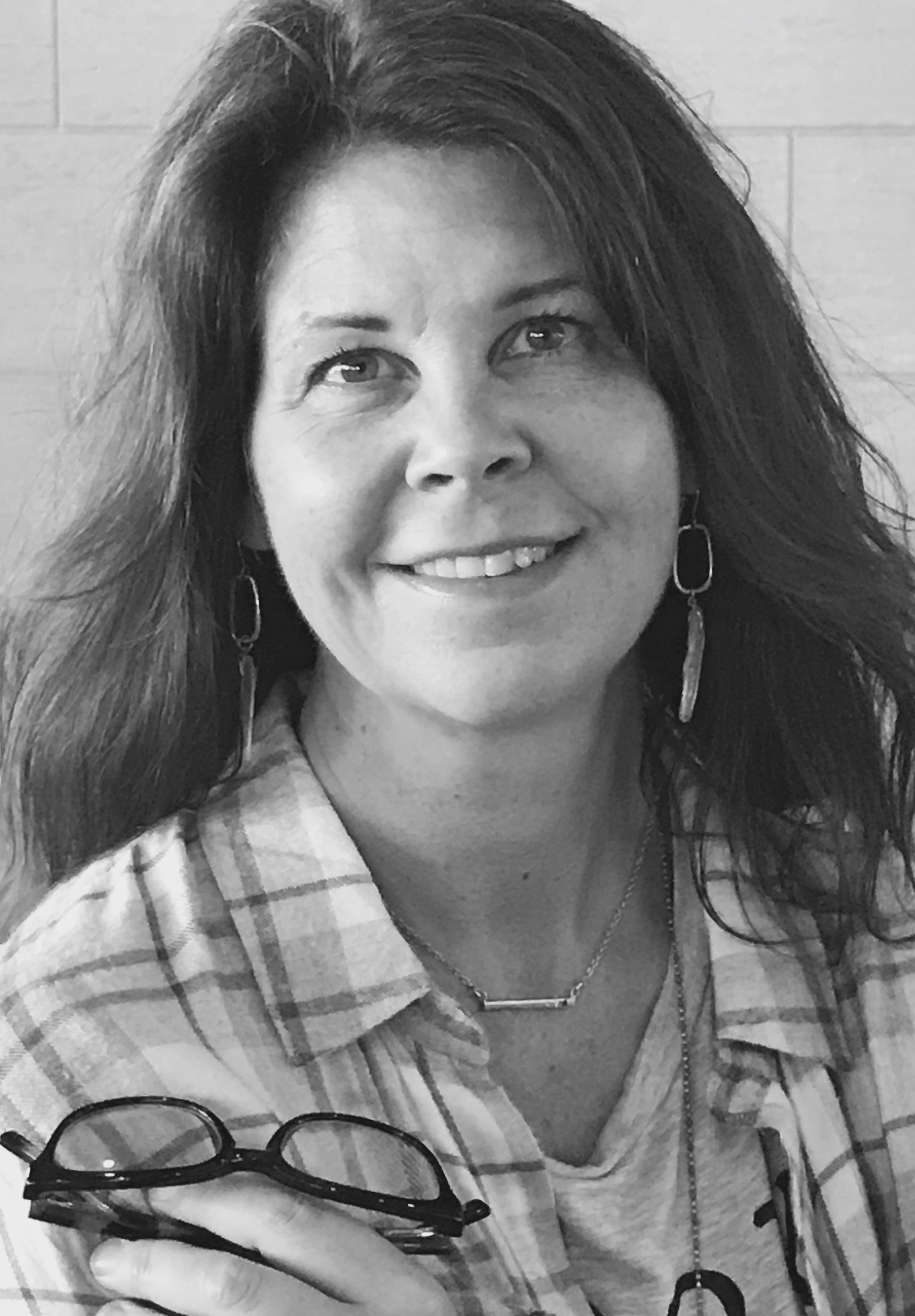 By Kristine Paranica
By Kristine Paranica Dear Colleagues and Friends of the JIOA,
Dear Colleagues and Friends of the JIOA,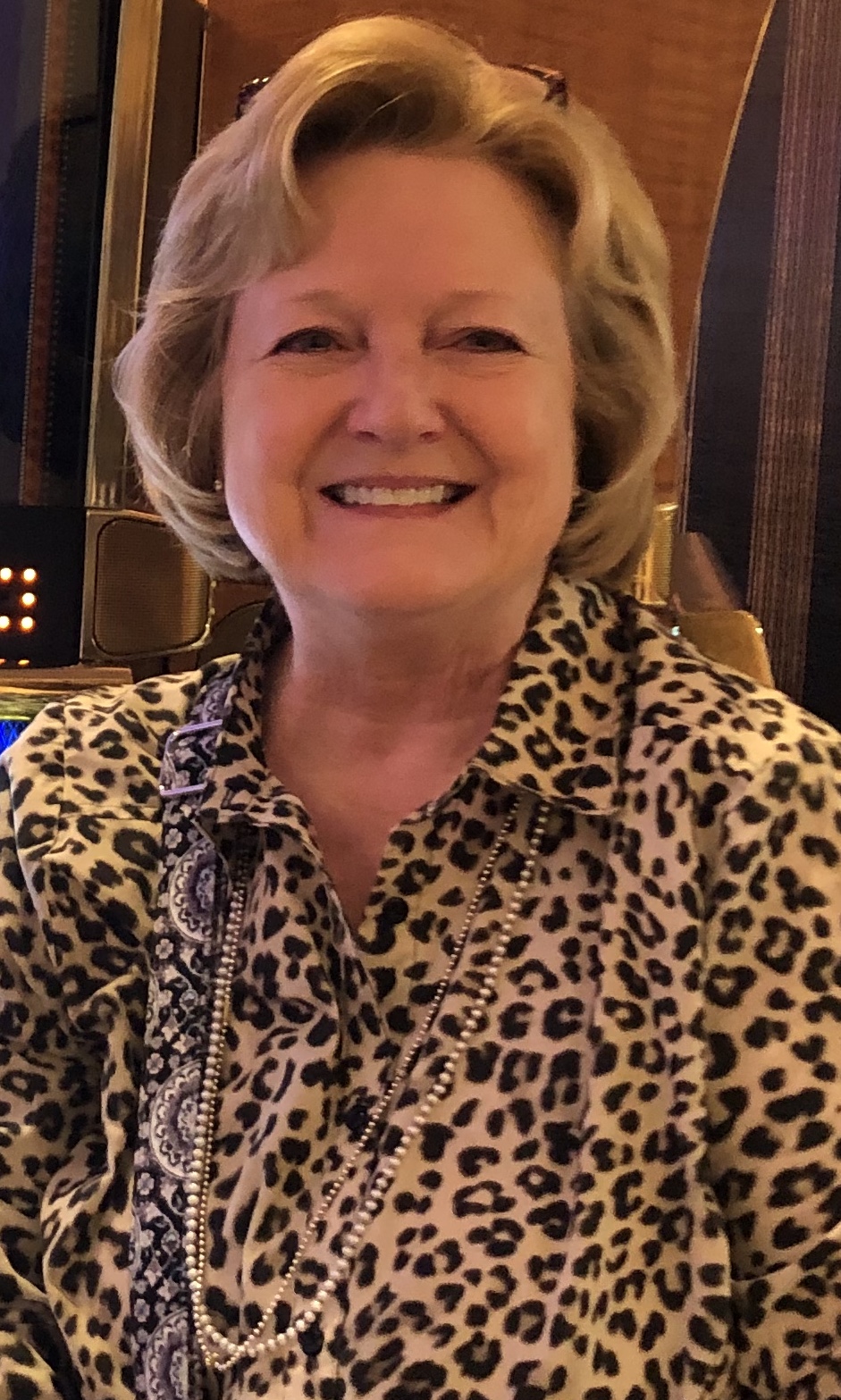
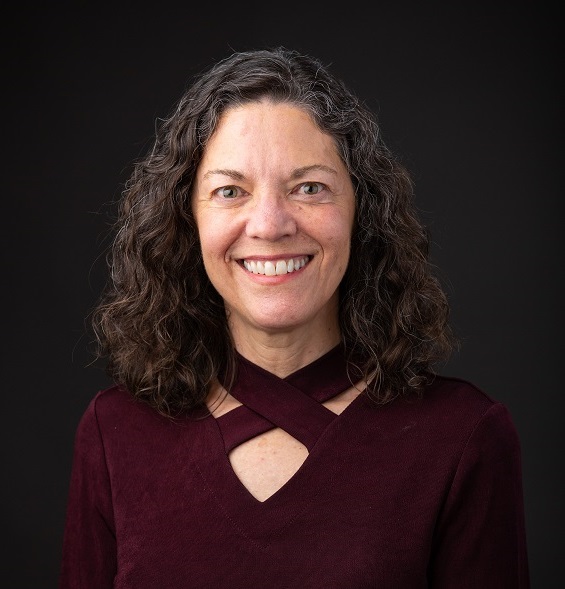
 What are the mechanisms you use to create meaningful insight for your organizations? How do you show that your ombuds office is valuable and effective? What frameworks are you using with your organization to define effectiveness?
What are the mechanisms you use to create meaningful insight for your organizations? How do you show that your ombuds office is valuable and effective? What frameworks are you using with your organization to define effectiveness?